My 8 Favorite Books on Children’s Health Issues
Trying to find information on children’s health issues can seem overwhelming. The internet is full of information on a variety of health issues, and that’s great! But it can feel like you need an advanced degree to decode some of what you find online. The other problem you sometimes run into is figuring out what information is accurate and speculation or opinion.
If your child has a new diagnosis, it can be hard to determine a reputable website and not someone selling their misinformation or snake oil. In that case, children’s health books may be a better place to start.
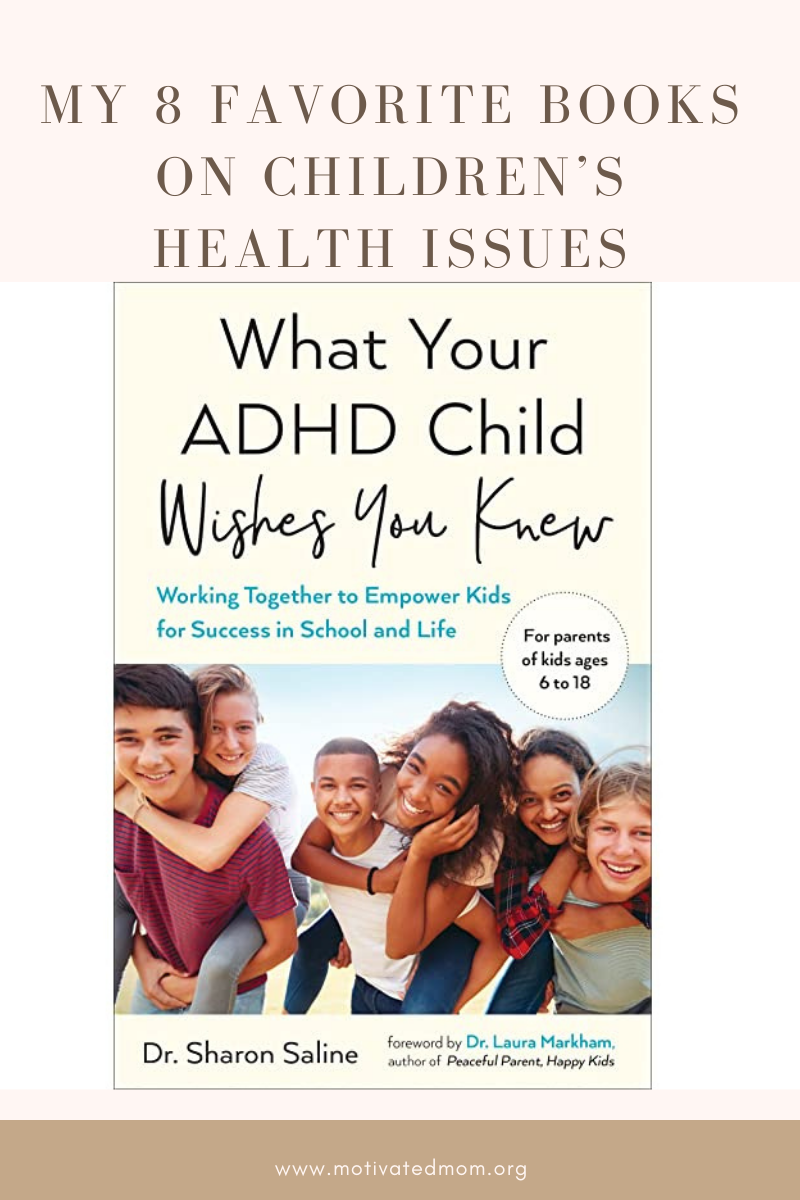
According to the University of Michigan, about fifteen percent of children are diagnosed with chronic conditions. It’s frightening enough when your child is diagnosed with a scary disorder in childhood. Trying to find information to be well informed and be an advocate becomes a parents number one mission.
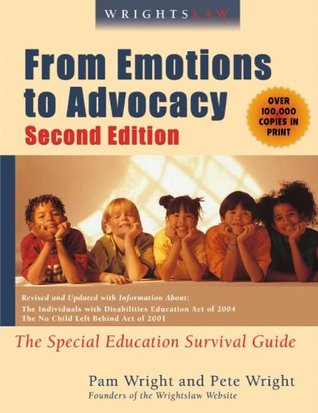
When you want to become an advocate for your chronically ill child, I always recommend is From Emotions to Advocacy. If you and your child will need to navigate the special education maze, this book should be a starting point.
If you’re looking for children’s health books, I’ve listed some of the most popular books about some of the most common conditions here.
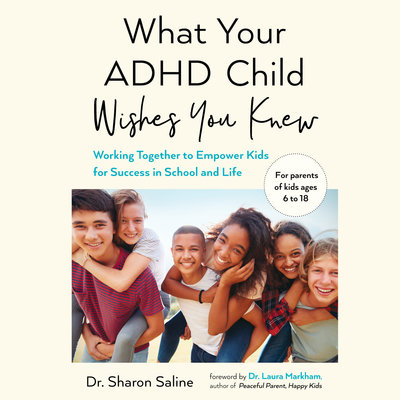
What Your ADHD Kid Wishes You Knew: Working Together to Empower Kids for Success In School and Life – This book, written by a psychologist, shares the actual words of children and teens who have ADHD. Topics include setting goals that foster cooperation, easing academic struggles, and tackling everyday challenges. Reviews are overwhelmingly positive!
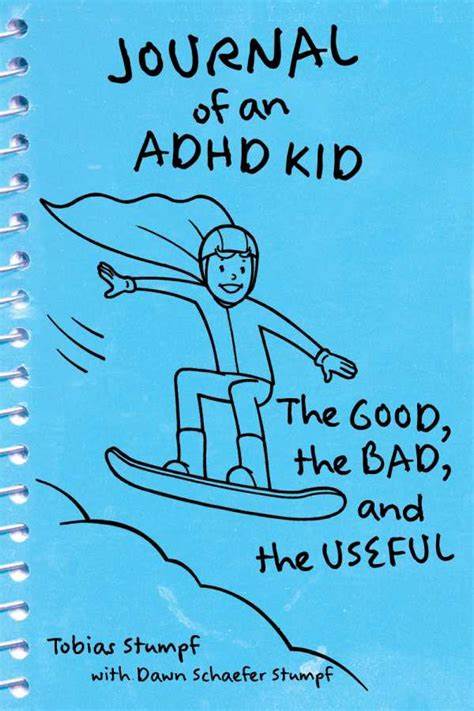
Journal of an ADHD Kid: The Good, The Bad, and the Useful – This book is written by an ADHD kid, for ADHD kids. It’s designed to show readers how ADHD impacts them and help them develop better solutions. Reviews suggest that many kids who have read the book found it to be helpful in understanding their ADHD diagnosis.
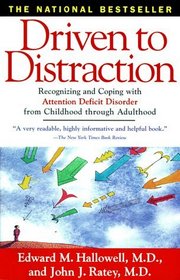
Driven to Distraction: Recognizing and Coping with Attention Deficit Disorder – This one is a good read for both caregivers of an ADHD/ADD child or teenager, or a teenager with ADHD/ADD. It was recommended by an adult with ADD who read it for tips on coping with her own recent diagnosis. This book does focus a lot on the positives that come with ADD, so it is a bit skewed. Unfortunately, there is not a lot of help here to deal with the negatives.

The Girl Who Thought In Pictures: The Story of Dr. Temple Grandin – If your child has recently been diagnosed with autism, this is an excellent way to help them into some understanding. Even if they themselves do not think in pictures, this book explains that not everyone thinks the same way. That may help them understand why teachers say the things they do in the classroom. While Dr. Grandin has come under fire lately for some of the things she has said, I think it’s important to note that this explanation of how she thinks is very well done and makes it easier for kids to understand the differences in how the mind works.
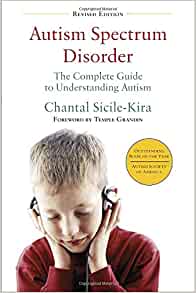
Autism Spectrum Disorder: A Complete Guide to Understanding Autism – There are literally hundreds of books about autism on the shelves. It’s impossible to pick a “first” book to recommend. This one probably does the best job of informing the layperson about the broadest range of issues connected to autism without overwhelming a parent experiencing a new diagnosis.
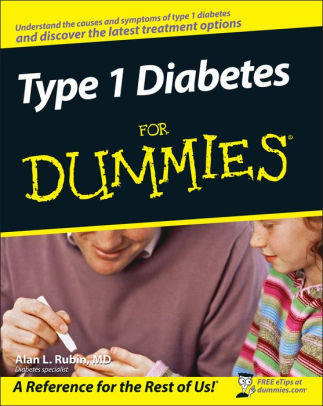
Type 1 Diabetes for Dummies – They say there’s a “for Dummies” book for everything, and, well, here we are, with one for T1D. When your child is diagnosed with T1D, there’s a lot of information to take in. This book covers so much information, including diet and exercise, and how to juggle school. It also helps with social life, medications and checking blood sugar, how to prevent long term complications, and more.
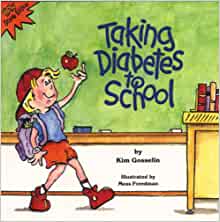
Taking Diabetes to School – This book, designed for elementary school-aged children, explains how one child talks about his disease with friends. The reviews mention that it’s helpful for newly diagnosed children to see that they are just like other children and learn to manage their condition!
While getting a chronic diagnosis for your child can be scary and overwhelming, there is support available! Start by gathering information, and then look to find support groups to help you navigate the new journey that you’re on!
[/et_pb_text][/et_pb_column][/et_pb_row][et_pb_row _builder_version=”4.1″ global_module=”4705″][et_pb_column type=”4_4″ _builder_version=”4.1″][et_pb_image src=”https://motivatedmom.org/wp-content/uploads/2020/02/LaToyia-Sig.png” show_bottom_space=”off” _builder_version=”4.1″ width=”21%” module_alignment=”left”][/et_pb_image][et_pb_text _builder_version=”4.1″]LaToyia, The Motivated Mom
[/et_pb_text][/et_pb_column][/et_pb_row][/et_pb_section]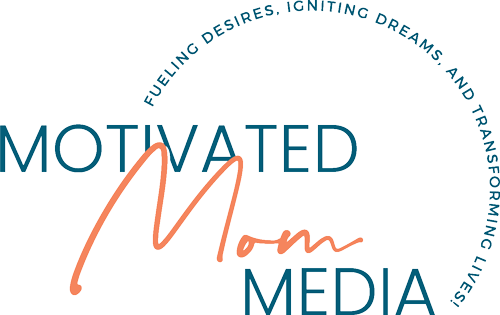
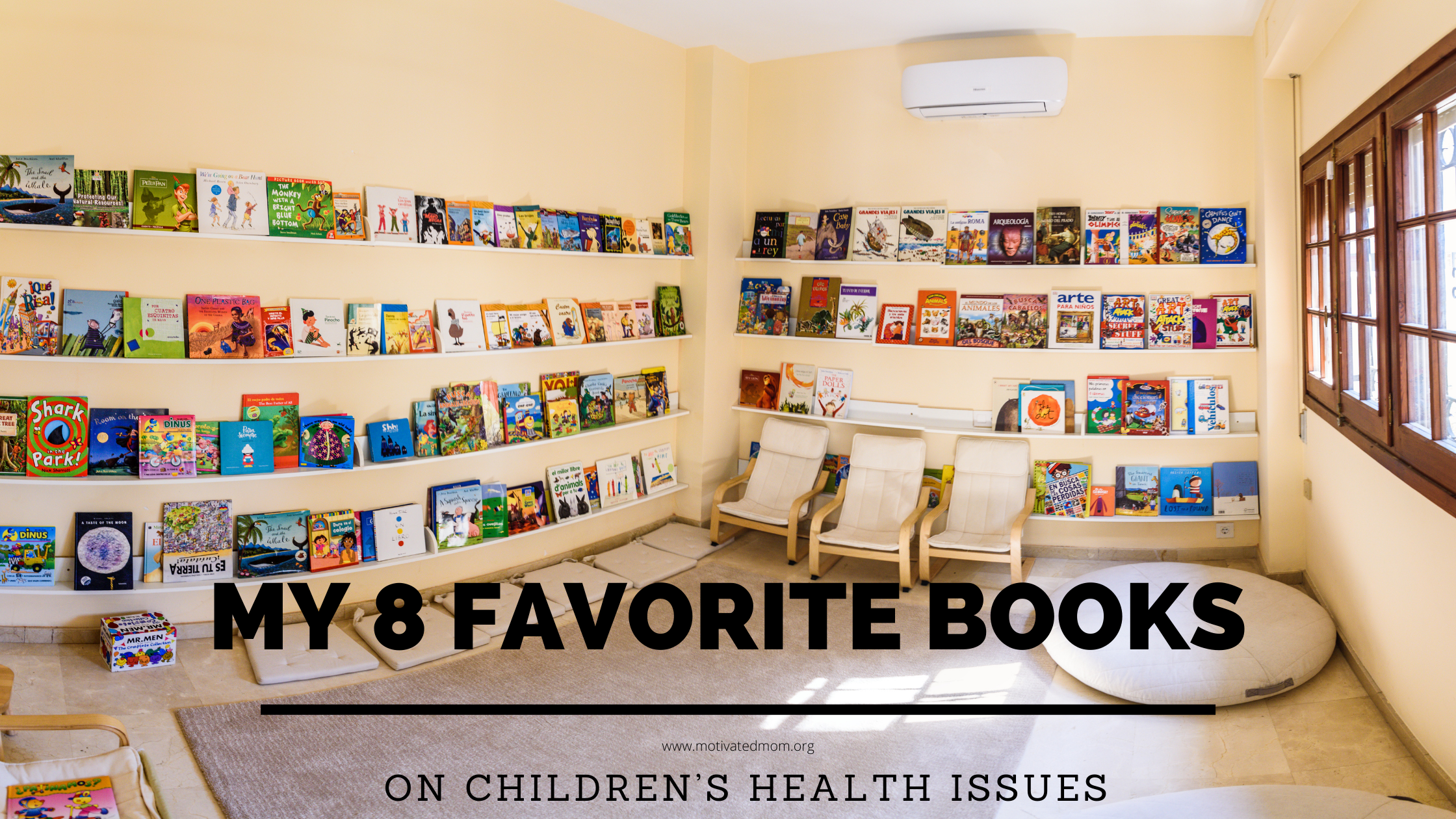


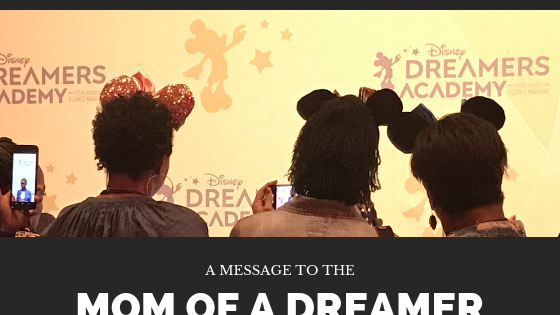



2 Comments